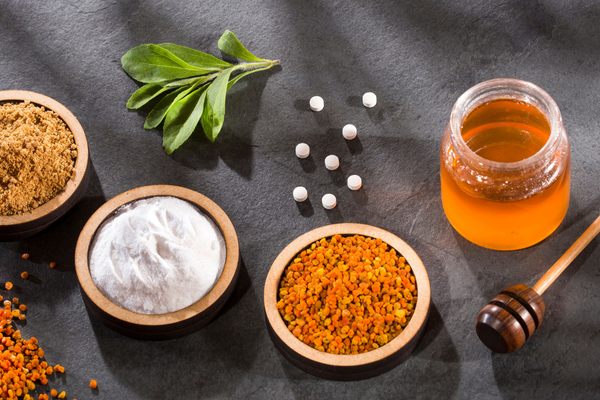Sweeteners and Neural Ageing – By Dr Harold Gunatillake


I read an article authored by Dr Claudia Suemoto, MD, PhD, who served as the senior author of the Neurology study concerning the effects of artificial sweeteners on health, with a particular focus on the brain. This inspired me to communicate with our Sri Lankan population and the global community.
Diabetes is prevalent among the Sri Lankan population, and many individuals rely on artificial sweeteners to manage blood sugar levels, in addition to dietary control. However, the long-term harm and serious side effects associated with these substitutes remain unclear. After reading this article, you may wish to consider whether to continue their use and consult with your healthcare provider for further guidance.
Some of the sweeteners available at the drug store and that you will be taking are: aspartame, saccharin, acesulfame-K, erythritol, xylitol, and sorbitol.
Among other known side effects, the consumption of foods such as diet beverages and artificially sweetened foods with added sweeteners is associated with hypertension, metabolic syndrome, and cardiovascular events.
Liver Health
Artificial sweeteners may pose risks to hepatic health, with various studies indicating a potential association with an increased likelihood of conditions such as nonalcoholic fatty liver disease (NAFLD) and liver impairment. Possible mechanisms include disruption of the gut microbiome, augmentation of insulin resistance, promotion of lipid accumulation, and interference with hepatic detoxification processes. Additionally, research suggests that certain sweeteners could elevate the risk of hepatic carcinoma, particularly in murine models deficient in specific enzymes. The World Health Organisation (WHO) has classified aspartame as a possible carcinogen based on limited evidentiary support.
In addition, emerging evidence suggests that these sweeteners may have adverse effects on your friendly gut microbiota and glucose tolerance.
Consuming processed foods from your supermarket daily may have adverse long-term effects.
Processed foods containing artificial sweeteners have been linked to potential health concerns, including heightened risks of cardiovascular diseases, type 2 diabetes, metabolic syndrome, and alterations to gut microbiota. Nevertheless, research outcomes are inconclusive, and numerous health authorities regard these sweeteners as safe when consumed within established acceptable daily intake (ADI) limits.
Returning to today’s topic, which discusses their impact on brain ageing, the most recent investigation was published in Neurology, the journal of the American Academy of Neurology. This study identified a correlation between sweeteners — such as aspartame, saccharin, acesulfame-K, erythritol, xylitol, and sorbitol and reductions in memory and overall cognitive abilities, comparable to approximately 1.6 years of brain ageing.
A program about artificial sweeteners and the ageing brain was featured on CNN Health, making complex topics more accessible and engaging for viewers.
It was revealed that individuals who ingested the highest quantities of specific artificial sweeteners, such as just one diet soda daily, experienced a substantial reduction in their ability to remember and recall words compared to those who consumed the lowest amounts.
The International Sweeteners Association (ISA), representing the industry, told CNN via email that sweeteners offer a safe and effective way to reduce sugar and calorie consumption, which is a principal public health objective for managing conditions such as obesity and type 2 diabetes.
Coverage on the side effects mentioned above has not been reported.
Summary: The decision to utilise artificial sweeteners is a personal one, and should be made with the consideration that major health organisations and food safety agencies generally regard the approved sweeteners as safe for consumption within established daily intake levels. The perceived “adverse side effects” frequently stem from ongoing research that may yield conflicting or inconclusive results, often derived from animal studies or from research involving exceedingly high doses that are not typical in human diets.
To be on the safe side, the author decided to stop using artificial sweeteners over 10 years ago. This decision has improved insulin sensitivity and made it easier for the body to stay naturally balanced, especially with the addition of a daily walk.
End




















